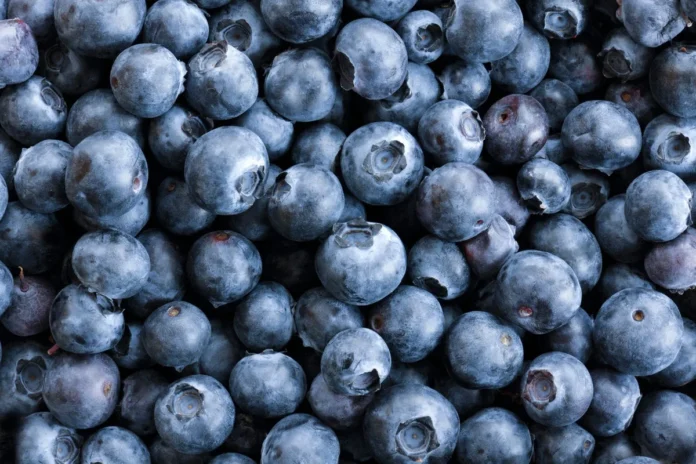The FDA blueberry recall listeria alert has just been intensified, as the U.S. Food and Drug Administration announced a Class I recall of hundreds of boxes of organic blueberries potentially contaminated with Listeria monocytogenes. This recall affects 400 boxes of organic blueberries distributed by Alma Pak International LLC, based in Georgia. The recall was first initiated on June 9, 2025, but the FDA escalated the risk level on July 1, 2025, due to the serious health threat posed by listeria contamination.
What You Need to Know About the FDA Blueberry Recall Listeria Alert
The recalled blueberries weigh 30 pounds per box and were shipped exclusively to a single customer in North Carolina. The affected products can be identified by lot numbers 13325 G1060 and 13325 G1096. The FDA’s Class I recall status signals the highest level of health risk, meaning there is a reasonable probability that consuming these blueberries could cause severe illness or death.
Listeria monocytogenes is a dangerous bacterium that causes listeriosis, a serious infection. Symptoms often start with fever, muscle aches, nausea, and diarrhea, but can escalate to headaches, stiff neck, confusion, loss of balance, and convulsions. Pregnant women, newborns, older adults, and people with weakened immune systems are especially vulnerable to severe complications.
Why This FDA Blueberry Recall Listeria Is Critical
Listeriosis is one of the deadliest foodborne illnesses in the United States, causing approximately 260 deaths annually. Unlike many bacteria, Listeria can grow at refrigeration temperatures, making contaminated fresh and frozen produce particularly risky. This recall highlights the importance of rigorous safety standards in organic produce supply chains.
Alma Pak International LLC has voluntarily recalled the product after internal testing detected the contamination. This is not the first time the company has faced recalls, underscoring ongoing challenges in ensuring food safety.
What Consumers Should Do Immediately
- Check your blueberries for the recalled lot numbers: 13325 G1060 and 13325 G1096.
- Do not consume any blueberries matching these lot numbers.
- Dispose of the product safely or return it to the retailer.
- Monitor for symptoms of listeriosis, especially if you belong to a high-risk group.
- Seek medical attention promptly if you experience symptoms such as fever, muscle aches, or gastrointestinal distress after eating blueberries.
Key Points Summary
- FDA blueberry recall listeria involves 400 boxes of organic blueberries.
- Recall issued by Alma Pak International LLC, Georgia.
- Products shipped to one North Carolina customer.
- Lot numbers affected: 13325 G1060 and 13325 G1096.
- Listeria contamination poses severe health risks, especially for vulnerable populations.
- Consumers urged to avoid consumption and report symptoms immediately.
Understanding the Broader Impact of the FDA Blueberry Recall Listeria
The FDA continues to prioritize consumer safety by issuing rapid recalls when foodborne pathogens are detected. This blueberry recall is part of a wider trend of listeria contamination in fresh produce, emphasizing the need for vigilance at every stage of food production and distribution.
Consumers should stay informed about recalls and practice safe food handling. Refrigerated foods, especially fresh fruits like blueberries, must be stored properly and checked regularly for recall notices.
Stay Safe and Informed
If you have recently purchased organic blueberries, verify the lot numbers carefully. Early recognition and treatment of listeriosis can prevent serious health complications. Stay tuned to FDA announcements and trusted health sources for the latest updates on this recall.
Protect your family by acting quickly and responsibly. Reporting any suspected cases of listeriosis to healthcare providers helps public health officials track and contain outbreaks.
Receive timely updates on food recalls and safety alerts by subscribing to trusted news sources.
